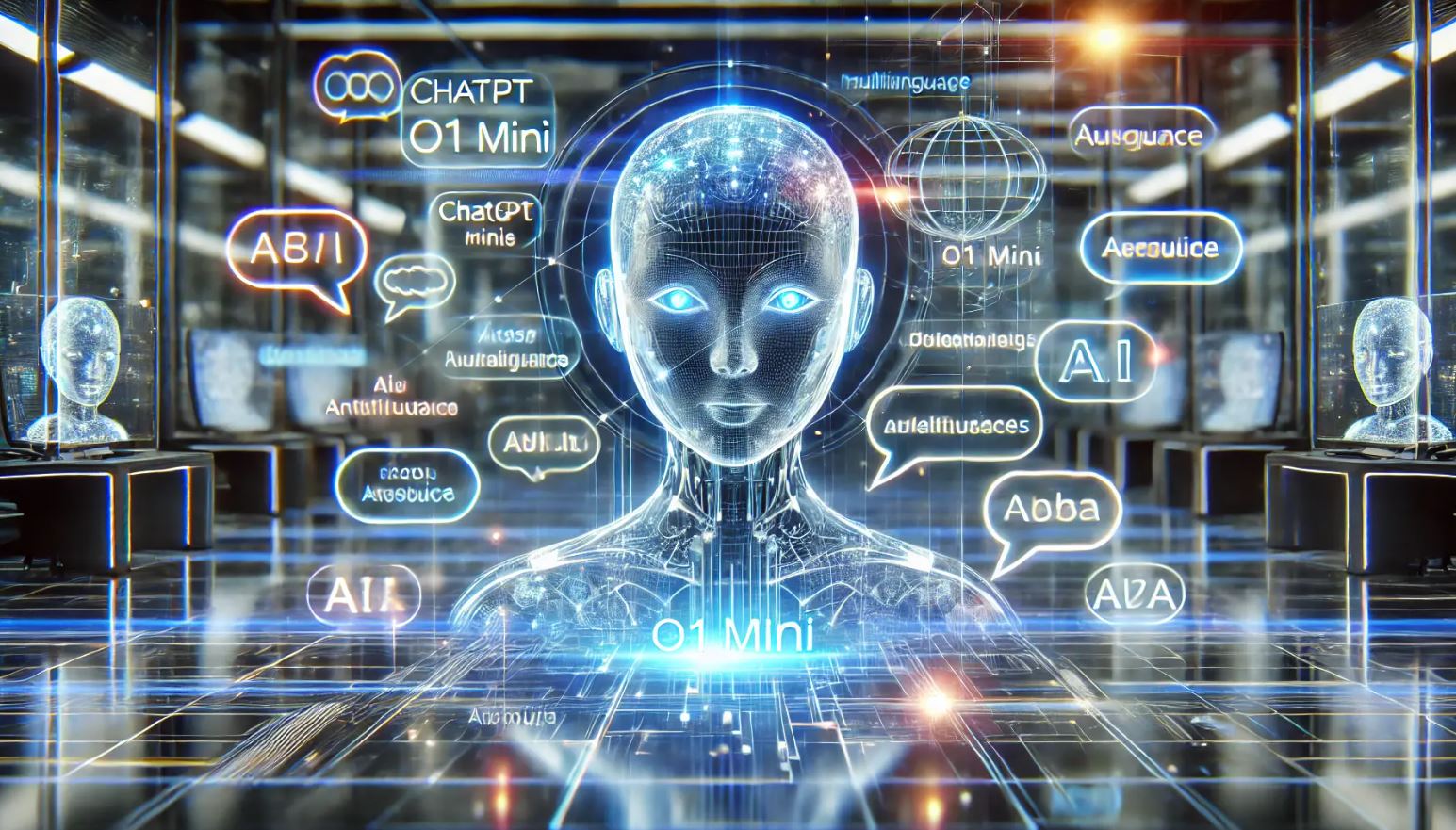 The conversation around AI’s role in global peace and security is heating up at the UN Security Council. At the heart of this discussion is a push for more linguistic diversity in AI. For the past two years, a dedicated international team has been working tirelessly to challenge the dominance of English in AI technologies.
The conversation around AI’s role in global peace and security is heating up at the UN Security Council. At the heart of this discussion is a push for more linguistic diversity in AI. For the past two years, a dedicated international team has been working tirelessly to challenge the dominance of English in AI technologies.
During the Artificial Intelligence Action Summit in Paris on February 10, Sundar Pichai, CEO of Google, shared some exciting news: “Using AI techniques, we added over 110 new languages to Google Translate last year.” This brings their total to 249 languages—a big step towards making AI more inclusive, even if it didn’t cause much buzz at the summit itself. For those of us advocating for linguistic diversity, it was a significant win, achieved through some pretty complex digital diplomacy. Joseph Nkalwo Ngoula, a digital policy advisor, sees this as a sign that tech companies are starting to listen.
The journey towards inclusive AI hasn’t been smooth, especially with early AI models. When OpenAI launched ChatGPT in 2022, users quickly noticed its shortcomings with non-English languages. Responses in languages like French or Spanish were often subpar. This highlights a systemic issue: AI models like GPT-4 and Google’s Gemini are mostly trained on English data, even though only 20% of the world speaks English as their first language. This gap isn’t just about quantity; it’s about quality too. AI systems lacking extensive training in certain languages can produce odd or incorrect responses, a phenomenon known as ‘AI hallucination’. A funny example? An AI once claimed Victor Hugo was a 19th-century astronaut!
The problem goes beyond accuracy. AI often strips away linguistic richness by ignoring regional accents and nuances. For instance, Quebecois French or Creole might get lost in translation. In multilingual places like Cameroon, where languages blend naturally, AI’s limitations become even more obvious.
Joseph Nkalwo Ngoula’s organization, La Francophonie, is tackling this linguistic gap head-on as part of their digital strategy. Their advocacy played a role in shaping the UN Global Digital Compact, which emphasizes the importance of linguistic diversity in AI governance. Unexpected allies, including the US and other language advocacy groups, have helped bring this issue to the forefront globally.
Despite these advances, challenges persist, especially when it comes to visibility. Francophone content often gets buried beneath English-dominated algorithms on platforms like Netflix and YouTube. Nkalwo Ngoula argues that we need to prioritize linguistic diversity in digital content recommendations. While the Global Digital Compact is a step forward, it missed a chance to reference UNESCO’s Convention on Cultural Diversity—a gap Nkalwo Ngoula believes we must address.
As AI technology evolves rapidly, these changes are crucial and need to happen quickly to ensure a truly inclusive digital future.








